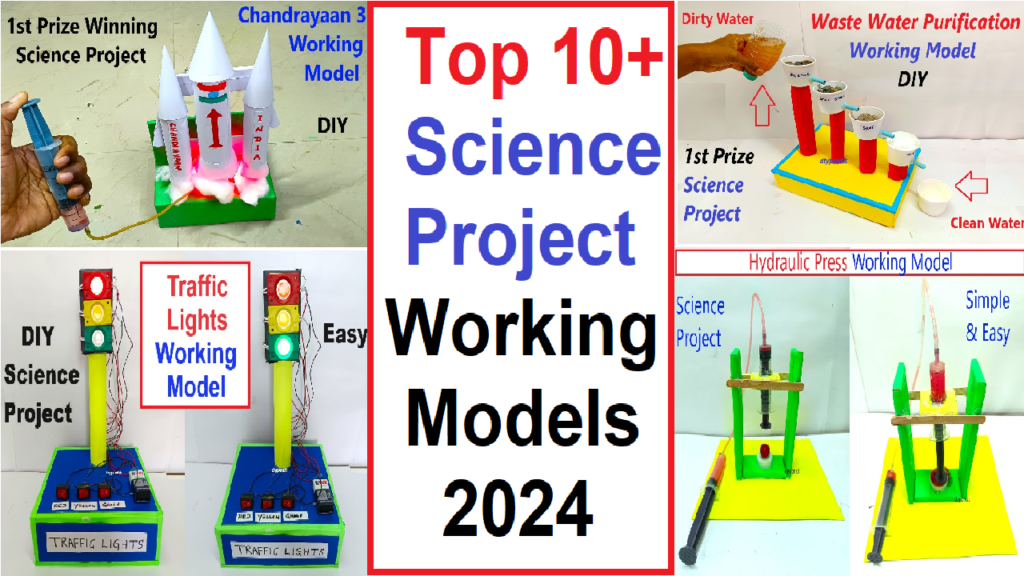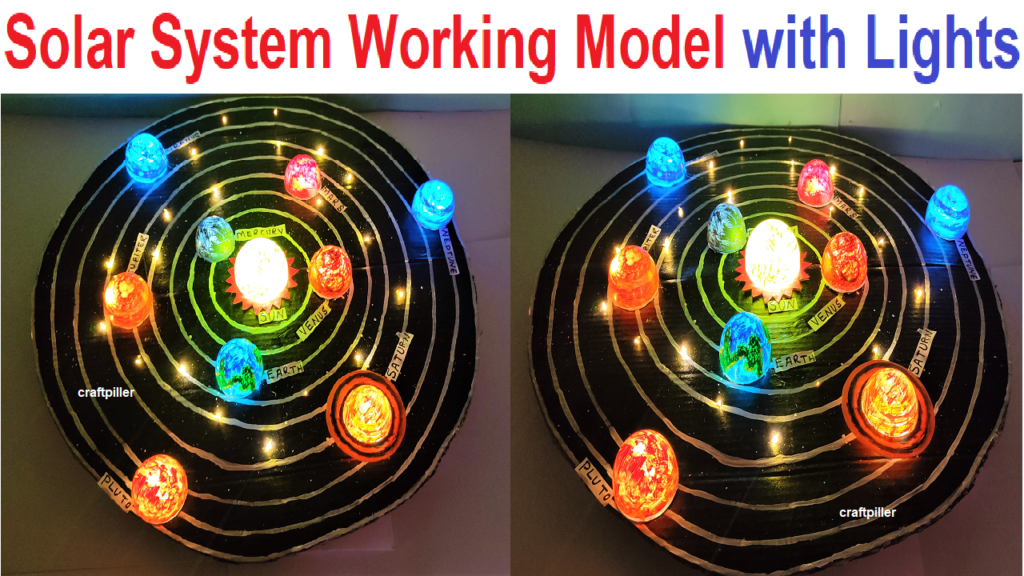Here’s a categorized list of 80+ STEM (Science, Technology, Engineering, and Mathematics) projects for students. These projects are divided into themes across various STEM fields, making them suitable for school projects, science fairs, and personal exploration.
I. Science Projects (50 Projects)

Physics:
- Build a simple motor using magnets and copper wire.
- Investigate friction on different surfaces.
- Construct a solar-powered car.
- Study the effect of angles on projectile motion.
- Create a periscope with mirrors.
Biology:
6. Grow plants in different types of soil to study plant growth.
7. Explore how light affects photosynthesis.
8. Study how mold grows on different foods.
9. Create a terrarium and observe the water cycle.
10. Investigate how different liquids affect seed germination.
Chemistry:
11. Create a pH indicator using red cabbage.
12. Study the rate of rust formation under different conditions.
13. Make homemade soap and study saponification.
14. Perform an electrolysis experiment to split water.
15. Investigate endothermic and exothermic reactions.
Earth Science:
16. Create a working model of a volcano.
17. Study how erosion affects different soil types.
18. Investigate acid rain’s effect on plant growth.
19. Create a DIY seismograph.
20. Explore how clouds form using a jar and ice.
II. Technology Projects (50 Projects)
- Program a game using Scratch or Python.
- Build a simple robot using LEGO Mindstorms.
- Create a website with HTML and CSS.
- Develop an AI chatbot using Python.
- Create a virtual reality scene with Unity.
- Build a circuit to turn on an LED light using Arduino.
- Design a maze-solving robot.
- Make a smart plant watering system with IoT tools.
- Create a voice-controlled assistant using Raspberry Pi.
- Develop a mobile app that solves math problems.
III. Engineering Projects (50 Projects)

- Build a bridge model and test its strength.
- Create a wind turbine to generate electricity.
- Construct a catapult and experiment with launching objects.
- Make a hydraulic-powered robot arm.
- Design a water filtration system using simple materials.
- Build a balloon-powered car.
- Create a parachute to safely drop an egg.
- Develop a solar oven and test it on different foods.
- Design a hovercraft using a CD and a balloon.
- Build a mini Ferris wheel using popsicle sticks.
IV. Mathematics Projects (50 Projects)

- Create visual proofs of Pythagoras’ theorem.
- Investigate the Fibonacci sequence in nature.
- Design a probability-based game and calculate its outcomes.
- Study the effect of different angles in trigonometry.
- Use fractals to create art.
- Explore statistics by conducting surveys and graphing results.
- Create a mathematical model of population growth.
- Use modular arithmetic to create encryption codes.
- Investigate how pi is derived from circles.
- Create a geometry-based board game.
V. Environmental and Sustainability Projects (50 Projects)

- Study the effectiveness of different composting methods.
- Design a rainwater harvesting model.
- Build a solar water heater.
- Investigate the effects of pollution on aquatic life.
- Develop a biodegradable plastic from kitchen ingredients.
- Compare the efficiency of different renewable energy sources.
- Create a greenhouse model to study plant growth.
- Explore the impact of deforestation using simulation software.
- Build a working model of a waterwheel.
- Test the insulation properties of eco-friendly materials.
VI. Robotics and Automation Projects (50 Projects)
- Build a line-following robot.
- Create a robotic hand using servos.
- Develop a robotic vacuum cleaner.
- Build a robot that solves mazes autonomously.
- Program a drone to follow a specific path.
- Design a robotic arm for assembly tasks.
- Create a gesture-controlled robot.
- Develop a smart home system using sensors.
- Build a self-balancing robot using gyroscopes.
- Implement face recognition with Raspberry Pi.
VII. Space and Astronomy Projects (50 Projects)

- Build a working model of the solar system.
- Create a telescope using simple lenses.
- Study the phases of the moon with 3D models.
- Investigate how gravity affects objects on different planets.
- Make a sundial to track time.
- Develop a simulation of planetary orbits.
- Study the effect of light pollution on star visibility.
- Track the International Space Station (ISS) using apps.
- Build a water rocket and explore its flight mechanics.
- Create a DIY star projector.

